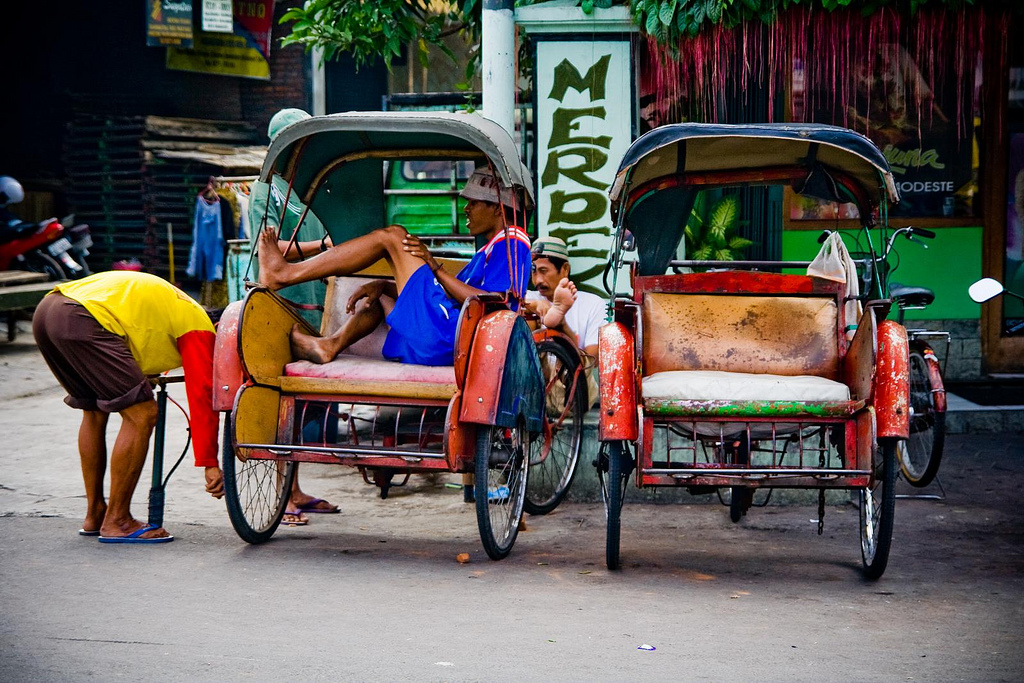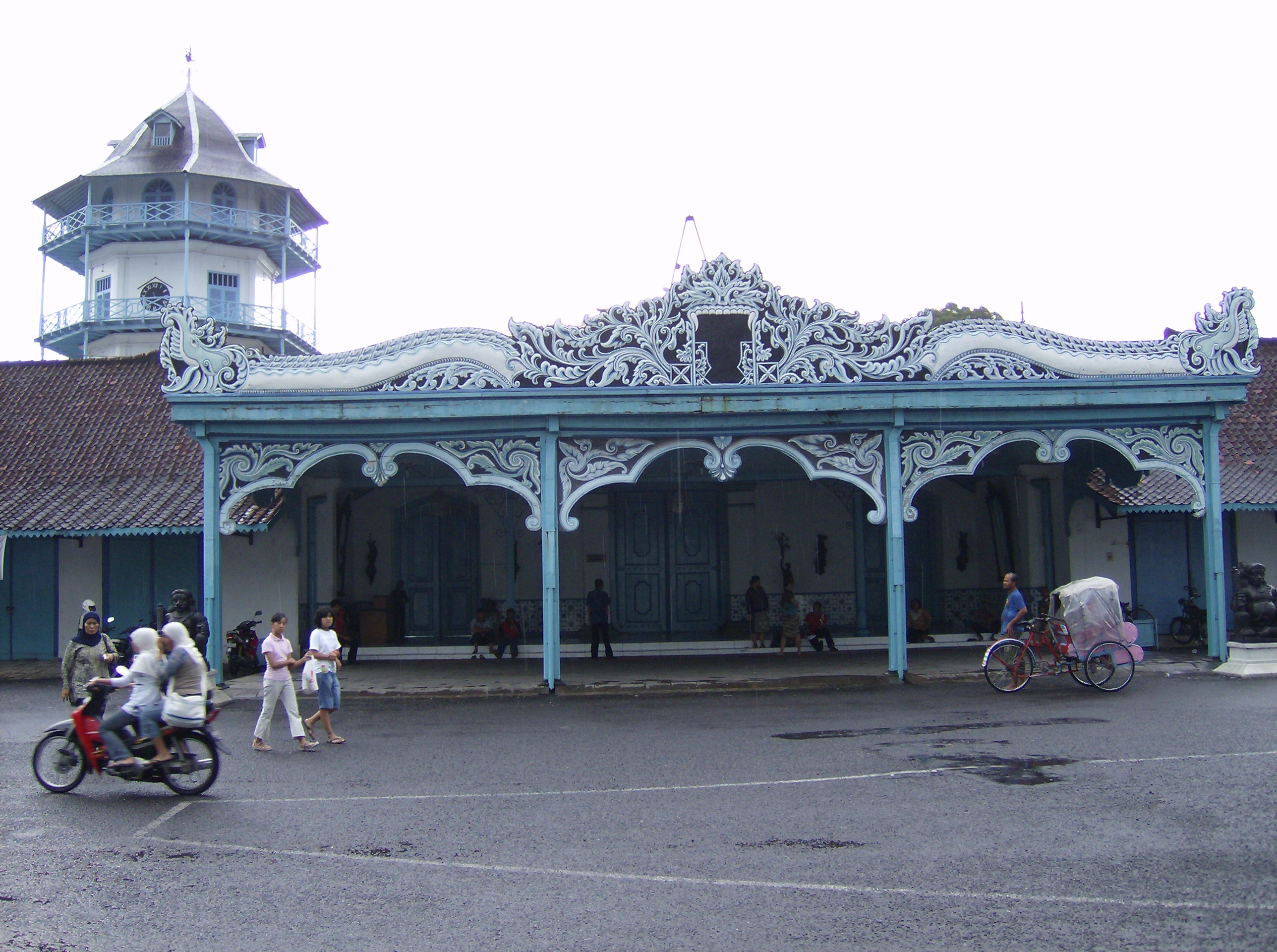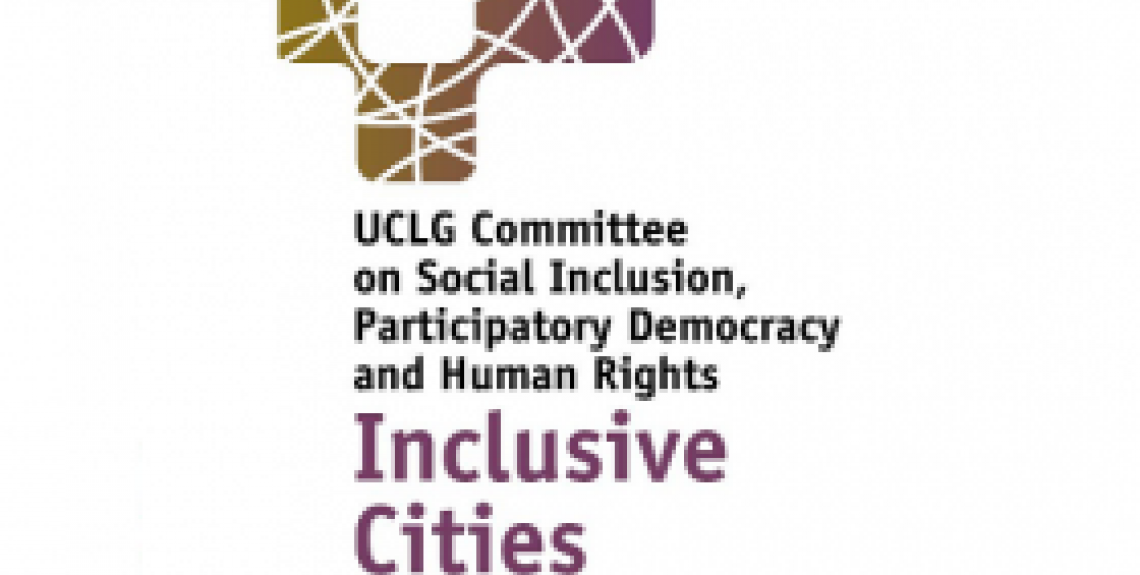Surakarta is a city in Central Java Province, Indonesia, of more than 500.000 people. The increasing number of street vendors, people struggling to make a daily income in a weakened economy due to Indonesian financial crisis of 1998, brought a large number of complaints to the City Mayor’s desk. Since past approaches taken on to deal with street vendors had almost always resulted in conflicts, the city council decided to promote a different approach to tackle the problem by encouraging participation of the street vendors themselves.
Creating a suitable environment for street vendors while fostering public space re-appropriation
With an empowerment and re-structuring program, Surakarta managed to solve the very sensitive issue of street vendors and all the effects it had for the public space, like waste, traffic and poor conditions. The relocation and re-arrangement of street vendors in Surakarta has been done with great consideration of the local culture and humane methods. The Mayor convinced street vendors that these efforts will improve their condition, not to eliminate business.
The objectives of the program were to bring the public spaces back to their original functions allowing its re-appropriation by the general public, all while creating a suitable environment for street vendors and their activities, which in turn would improve their livelihood as well.
The local administration provided four major lines of action for the street vendors namely: the building of better communication amongst stakeholders; the creation of dedicated space for the streets vendors by relocation, provision of umbrella-tents, traditional Javanese style carts or modified shelters; (The new place for relocation was chosen over several meetings held by the government, NGO and the street vendors’ representatives); the provision of legal status to the street vendors’ business; and training programmes on how to manage and expand their business.


Source: Meursault2004
Find the complete case study here
An inclusion policy based on a participatory approach
The beneficiaries of the initiative were the inhabitants of Surakarta city (the originators of the early complaints) and its visitors, since the city has benefited not only from higher revenue, but also more beautiful and liveable public spaces, but foremost the street vendors (now referred to as traders) who have been able to improve their business while enjoying better conditions to carry out their activities.
The consultative and participatory approaches were introduced by local NGOs to the local government based on their experience and knowledge of other best practices. The city mayor, with his strong leadership had responded to the issue and recognized the benefit of an inclusive approach.
Furthermore the initiative demonstrates its potential for inspiring other cities, since there are some other local governments interested to learn the practice from Surakarta. These local governments are facing similar problems of street vendors. They have visited the city to learn about the process and key factors leading to the success of street vendor management.


